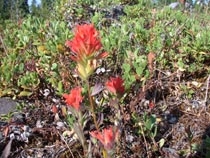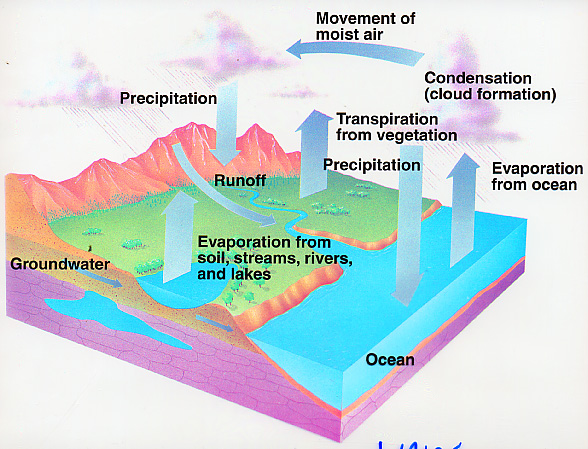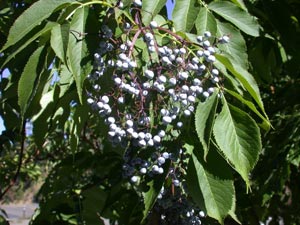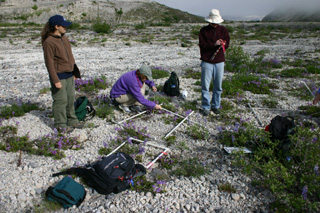 |
| 2009-2010 Courses |
|
| Biology 103. Plants in the Human Environment (5 Credits, Winter)  Description:
Plants in the Human Environment, for nonmajors. The emphasis is on the importance of ecological principles to human affairs. Major topics include the biodiversity, control of vegetation patterns, plant responses to climate changes, evolution, ecosystem functions, agricultural ecology and conservation biology. Students will learn about the diversity of plant life, how plants develop, disperse and establish and how they interact with their environment and with other organisms.
Weekly discussion sessions provide opportunities for discussion and interaction, and will include greenhouse exercises and studies of the scientific and research methods as well as several timely conservation and environmental issues.
.
Description:
Plants in the Human Environment, for nonmajors. The emphasis is on the importance of ecological principles to human affairs. Major topics include the biodiversity, control of vegetation patterns, plant responses to climate changes, evolution, ecosystem functions, agricultural ecology and conservation biology. Students will learn about the diversity of plant life, how plants develop, disperse and establish and how they interact with their environment and with other organisms.
Weekly discussion sessions provide opportunities for discussion and interaction, and will include greenhouse exercises and studies of the scientific and research methods as well as several timely conservation and environmental issues.
.
Biology 103 link:  Biology 471. Plant Ecology (5 Credits, Spring 2010) Description: This course was developed from Botany 354 and Botany 465 to serve the demand for an advanced course in plant community ecology. We will explore how to sample and describe plant communities. How do communities develop? Do communities actually exist? What factors control the distribution of plant species? What do plants tell us about the landscape? Answers to these and other questions will be explored in the field and in laboratory settings. This course is designed for students interested in ecology, evolution, environmental, conservation or plant biology. You should have had Biology 180 (or equivalent) and Biology 354, 356 OR 456. Students from forestry, geography, urban horticulture and landscape architecture also benefit from this course. Contact Roger del Moral for more information.  |